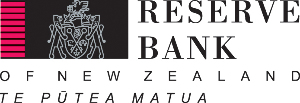
Under the current system, banks in breach of regulatory rules are required to notify the central bank promptly of any violations and publish them in disclosure statements.
The central bank could shake-up the old system, prioritising more prominent breaches. RBNZ is reviewing whether a materiality threshold should be enforced.
The central bank has proposed that "material" breaches will continue to be reported and published, while "minor" infractions will not be posted on its website. A materiality threshold would mean banks’ minor breaches are not disclosed to the public.
The central bank said one of the conclusions of its “Regulatory Stocktake”, and Bank Financial Strength Dashboard was that banks should be “formally required” to notify of any breaches, and RBNZ should “draw on that reporting to publish collated information on bank breaches on a dedicated new page on its website”.
RBNZ argues the new model will help the public and boardroom executives focus on more serious cases. In its consultation paper, RBNZ: “For banks, this will mean that the market discipline imposed by the need to disclose breaches will focus on the issues that really matter.”
“Having to disclose trivial breaches perversely worsens the distortion of incentives. Hence, bringing in a materiality threshold for disclosure will allow banks to allocate their risk-management efforts more efficiently to where the most important risks arise,” the central bank added.





Comments
No comments yet.
Sign In to add your comment